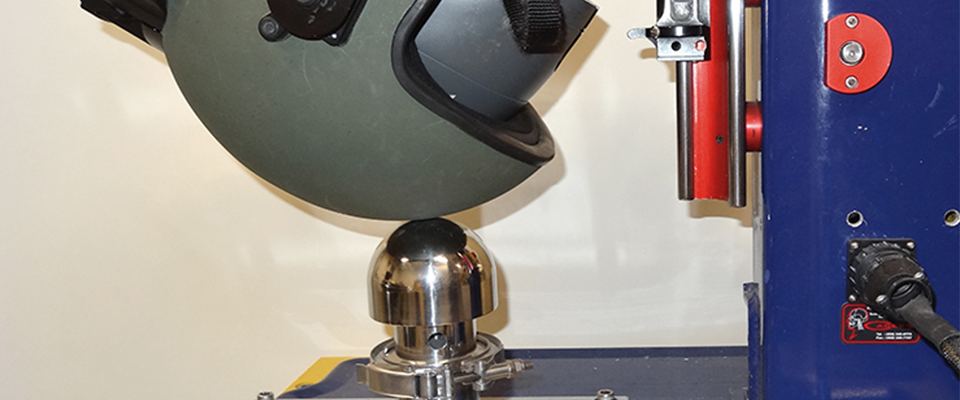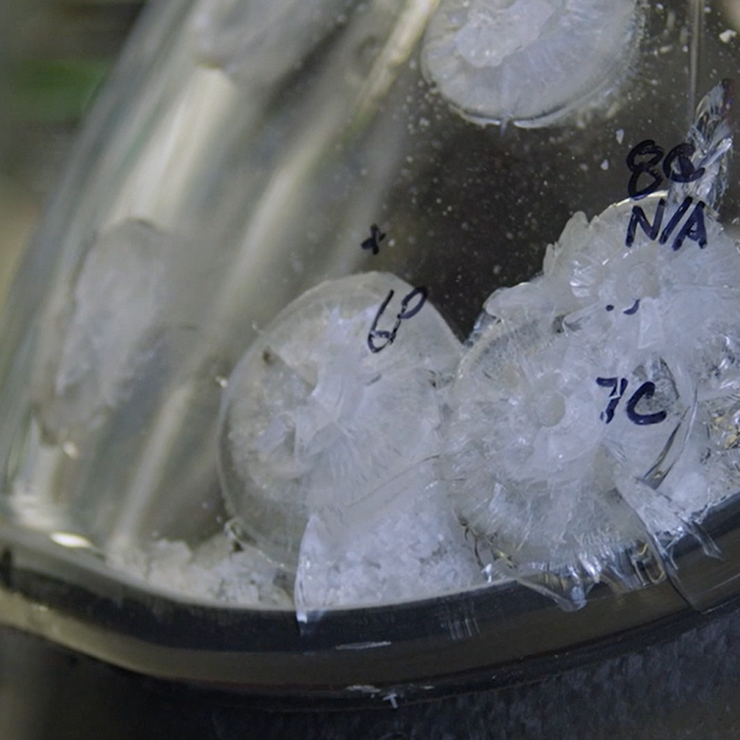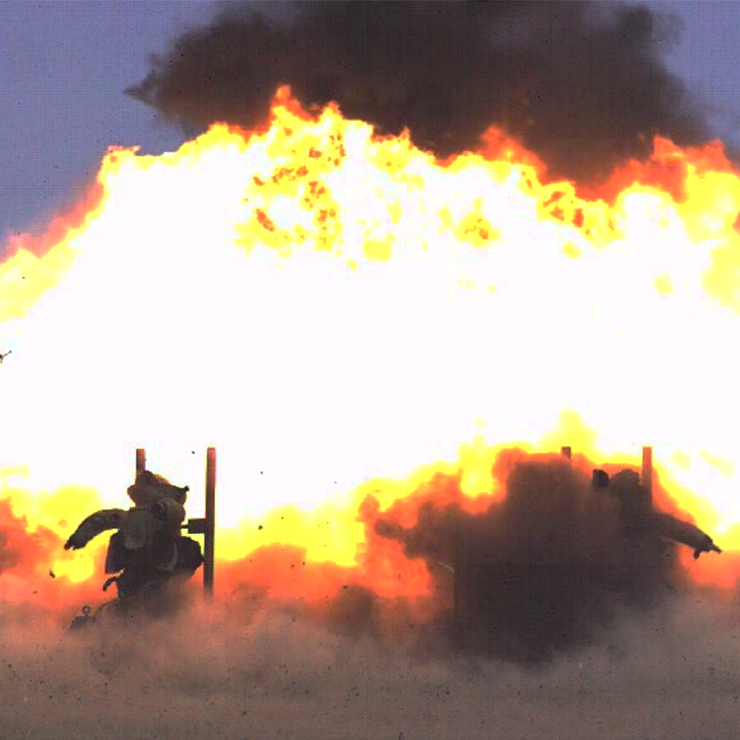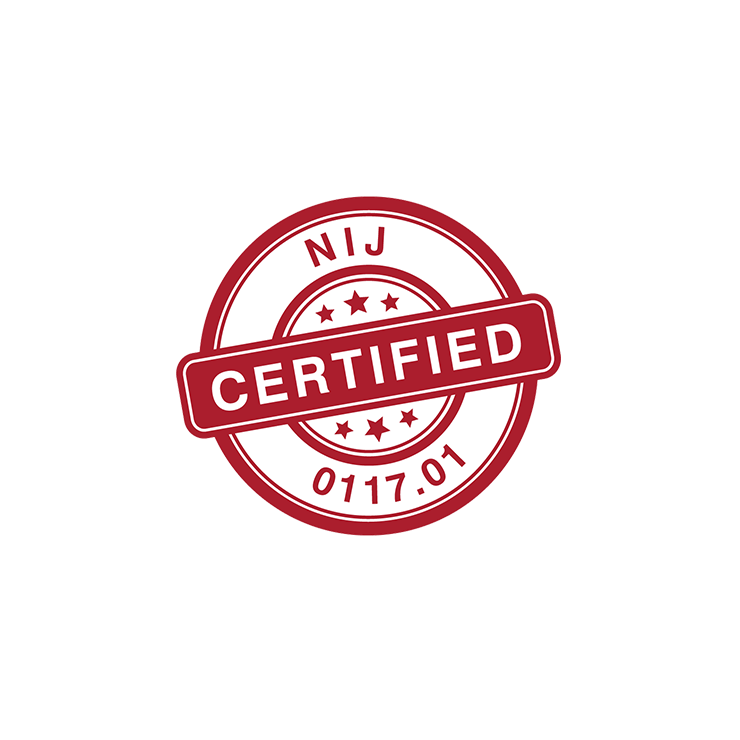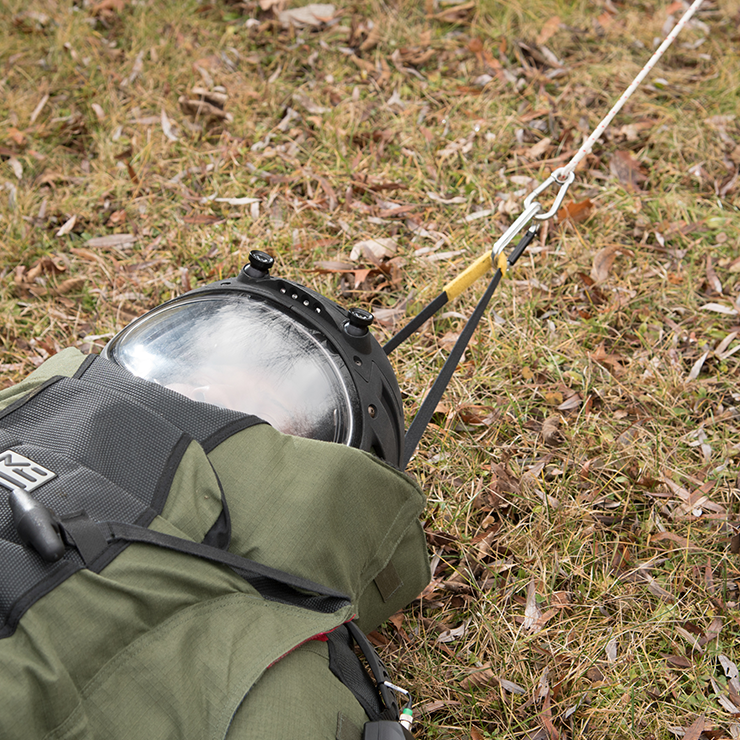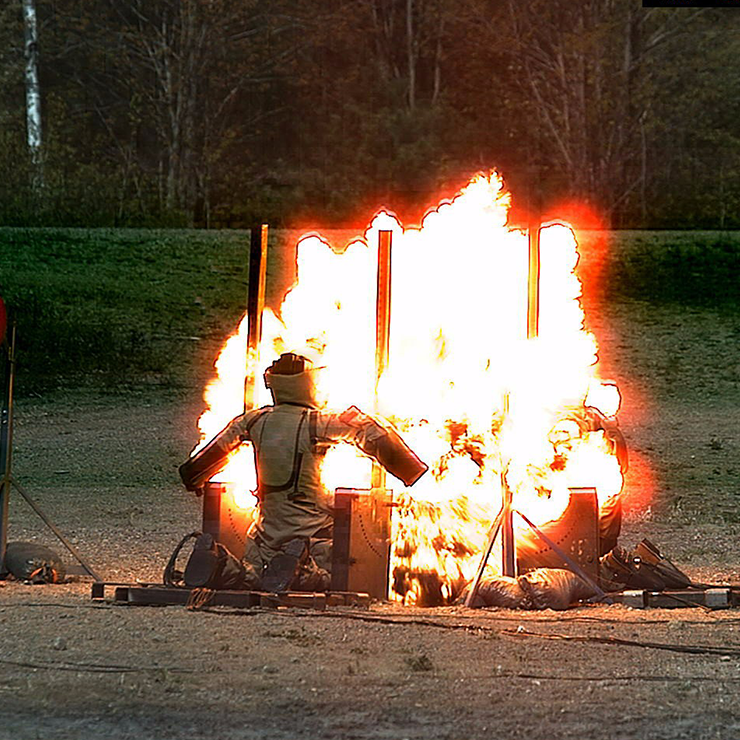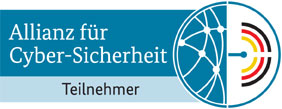NIJ 0117.01 is the only certification in the world specifically designed for bomb suits!
What is the NIJ 0117.01 certification?
The NIJ 0117.01 certification is issued by the National Institute of Justice (NIJ/Research, Evaluation and Technology Administration of the US Department of Justice) and is the only recognized standard for bomb suits worldwide. It defines clear criteria for numerous key aspects that are considered essential by both the NIJ and the end-user community:
Protection against threats
- Detonation pressure
- Impact on the head and spine
- Heat
- Splitter
- Electrostatic discharge
Operational capability
- Optics (e.g. light transmission and distortion in the sighting area)
- Tow rescue
- Emergency ejection
- Ergonomics (e.g. dressing and undressing)
- Labeling
Quality assurance
- Ongoing independent tests and audits of the production facilities
In order to obtain NIJ certification, the bomb suit and helmet must fulfill all elements of the standard. If even one element is not met, both the suit and the helmet lose their certification.
In addition, the NIJ stipulates that a bomb suit can only be certified if it is tested in independent facilities accredited by the US Safety Equipment Institute (SEI). Self-certification is not permitted. The results of a non-SEI accredited laboratory are not reliable because the accuracy of the results and the qualifications of any laboratory to perform the various tests cannot be validated, regardless of the laboratory’s reputation.
Phrases such as “compliant with NIJ” or “complies with NIJ” are misleading and must be questioned. Only the bomb suits listed on the SEI website (www.seinet.org/search) are truly certified.
What are STANAG 2920 and MIL-STD 662F?
STANAG 2920 and MIL-STD 662F are test methods for evaluating the resistance of a material to fragmentation threats. Unlike the NIJ 0117.01 standard, which covers a wide range of serious threats in EOD applications such as overpressure, blast, heat and electrostatic discharge, STANAG 2920 and MIL-STD 662F do not define specific protection levels or pass/fail criteria. They merely define how fragmentation tests are to be carried out, but do not state whether a material is suitable for use in a bomb suit. Since these standards do not cover protection against other explosive threats and do not formulate clear requirements for compliance or non-compliance, they are not qualitatively comparable with the more comprehensive NIJ certification.
Ensuring appropriate standards in procurement
For the safety of bomb disposal personnel, NIJ 0117.01 certification should be a mandatory requirement for procurement. Only NIJ-certified bomb suits and helmets have been independently tested and verified for comprehensive protection and operational effectiveness.
Some certified bomb suits go beyond NIJ requirements and provide additional protection against threats, such as chemical/biological agents, or include ventilation, cooling, lighting and other features. These factors should also be considered when determining procurement needs.
Back to -> Ballistic protective clothing
